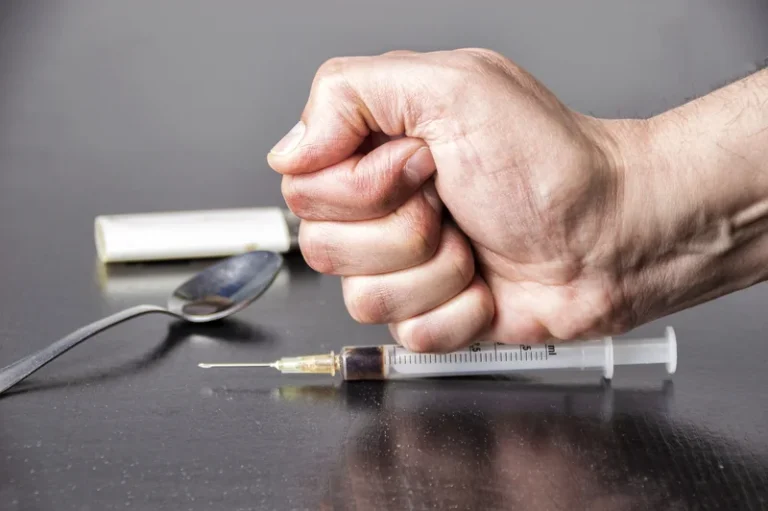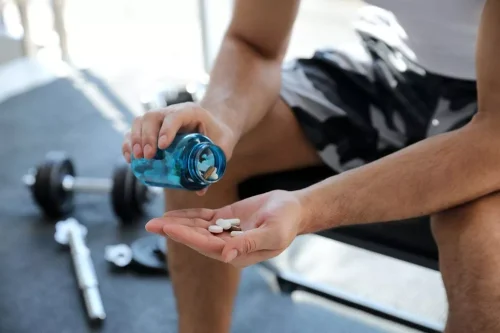
Alcoholic drinks are high in calories, so cutting back on the amount you drink can really help to reduce your calorie intake. There’s no completely safe level of drinking, but sticking within these guidelines lowers your risk of harming your health. Try using Alcohol Change UK’s unit calculator to work out how many units you drink and watch our video guide to alcohol units. It’s recommended to drink no more than 14 units of alcohol a week, spread across 3 days or more.

Weeks Without Alcohol
If you’ve stopped drinking and still can’t sleep, talk to your provider. There are many things that can affect your sleep—physically and mentally. But there are also things you can do to cope and improve your sleep.
- Dependent drinkers will often feel more energy and a sense of well-being at the 3-month mark.
- As you experience fatigue from the strain of withdrawal, you will likely begin to notice that the sleep you get is far more restorative and that you feel much better when you wake up in the morning.
- Alcohol causes inflammation, and it can take a few weeks for this side effect to wear off.
- While alcohol is high in calories, and wine, beer, and mixed drinks add sugar to one’s diet, cutting it out may or may not help you lose weight depending on how much alcohol you consume regularly.
- If you have a history of severe alcohol dependence, he recommends consulting a health care professional before quitting, as abrupt cessation can be life threatening.
- It’s common to maintain a more steady diet in sobriety, instead of skipping breakfast the morning after drinking, for example.
Drinking to cope is especially concerning, but it’s not the only risk.
Both Drinkaware and the Alcohol Change websites have handy online tools to help you work out how much you are drinking, so you can track your habits and cut down if you need to. It’s also important to note that everyone responds to alcohol differently and your height, weight and gender all play a part, as well as how much you have eaten and how much sleep you’ve had. A pint of 4% beer – or a medium glass of wine – equals 2.3 units of alcohol. «Secondly, the calories in alcohol often go unrecognised and contribute to overweight and obesity,» she adds.
Dry January: The health benefits of going 31 days without alcohol
About 90% of heavy drinkers will develop alcoholic liver disease, while 20–40% will develop alcoholic hepatitis, which occurs when the liver becomes damaged and inflamed. Experts say there are benefits to quitting alcohol for a short period, even if https://ecosoberhouse.com/ you’re a social or moderate drinker. Trouble sleeping is common after you stop drinking, especially early in recovery. But the longer you abstain from alcohol and work on your sleep hygiene, the more improvements in your sleep you’ll see over time.
I Have More Money, More Time, and More Energy
When you’re not drinking, your liver is able to devote more time to its other 500 vital functions. After you stop drinking for a month, your liver fat may be reduced by up to 20%, significantly reducing your risk of cirrhosis of the liver or fatty liver disease. One important caveat is that Moore’s study looked only at drinkers without a history of alcohol dependence.

What Happens Mentally and Physically When You Stop Drinking, According To Experts
“Mechanism of Dehydration Following Alcohol Ingestion.” JAMA Network. Talking to your doctor before taking NyQuil and other medications is best. They can help you understand the possible risks and decide if it’s a safe choice for you. Your doctor can suggest the right course of action for you and point you in the direction of local support groups, or other alcohol counselling services. Cut out alcohol from your life, and your concentration will get better, as well as your school and/or job performance.
Amazing Benefits of Stopping Drinking
However, the benefits of quitting drinking can be worth the trouble. The dehydrating effect of alcohol affects your skin and your hair significantly. As you have four weeks of better hydration, improved sleep and better overall health, it will noticeably affect your skin and hair. Your skin may appear fuller and healthier in consistency and quality.

Drinking alcohol can contribute to a variety of cognitive issues, including poor memory, slow reaction time, impaired impulse control, and poor concentration. Over time, drinking can also damage nerve cells and contribute to a loss of brain volume. Like other symptoms, the impact on mood depends on the amount and duration of your alcohol use. For light or moderate drinking, you might experience a more temporary, mild effect on mood. If you’ve been drinking heavily or for long periods, the impact will be more pronounced, and it will take longer for your neurotransmitter systems to restore their balance in your body.
Get support
You might encounter feelings of restlessness or irritability around this time. When these feelings come up, it’s a great time to connect with others who are farther along in their journey, whether locally or through online support groups. Alcohol is an irritant to the stomach lining, so after 2 weeks, you will what happens when you stop drinking alcohol also notice a reduction in symptoms like acid reflux. BetterHelp offers affordable mental health care via phone, video, or live-chat. There are a variety of treatment methods available for alcohol misuse and addiction. It is essential to understand that what may work for one person may not suit someone else.

Better Heart Health
It may make you feel drowsy and fall asleep quickly—but later in the night it messes with your sleep patterns as it works through your system. Since alcohol is a depressant, it can throw your sleep cycle off balance by slowing down your nervous system. As your nervous system speeds back up once the alcohol exits your system, you may experience sleep disruption and wake up more throughout the night. This can lead to poor function and sleepiness the following day.
